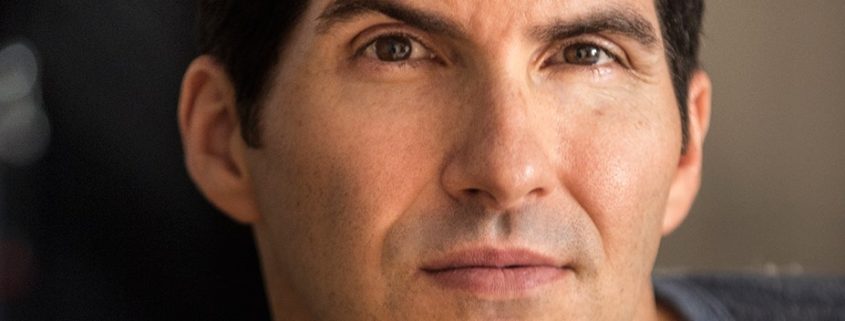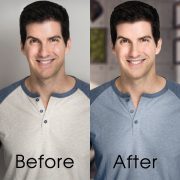From Hobby Actor to Professional: 5 Tips to Help you Get There
From Hobby Actor to Professional: Here’s 5 Tips to Help you Get There
So many people begin their love of the industry thru school or community theatre and it just blossoms from there… but making the jump from hobbyist to professional is not an easy step for many actors. Enjoy these 5 helpful tips when making the leap into paid performance opportunities as an actor.
#1- KEEP TRAINING
The work of an actor is NEVER done. You need to constantly expand your skills and practice what you have learned time and time again. A series of community theatre or school productions does not equivalent real training with experienced educators. Find a teacher who is passionate about the craft that challenges you to be better. And don’t be the best person in your acting class… aggressive learning and training doesn’t happen when things are easy. Allow yourself to be in a classroom where it feels HARD!
#2- HOLD OFFICE HOURS FOR RESEARCH and MARKETING
Professional actors spend hours each day working on moving their career forward. I suggest protecting hours each day to do this. During this time, you should be researching industry trends, opportunities, potential partners, learning new materials, marketing yourself, tending to emails and more. You need to be an expert in what types of opportunities are out there for you, who you need to know to get them, and how to start building those relationships. This requires a daily commitment.
#3- DRAW THE LINE and PHASE OUT OF FREE WORK
In order to be seen as a professional and get paid for your work, you’ll need to get REALLY picky on what work you decide to do for free. You can’t expect others to value your work if you don’t. Giving things away constantly does not create a sense of value. I’ve seen this be a hard step for actors– but it is very important. Only take on free projects that could have MAJOR impact on your career thru connections or big resume credits— and even then— be really really picky. Do you need another role like this on your resume? Or does your resume already show you can do that type of part? Will the time you put in be worth what YOU receive for doing the project? Draw a line for yourself and hold yourself to valuing your contributions and performances. If YOU don’t do this for yourself, NO ONE ELSE WILL.
#4- GET PROFESSIONAL HEADSHOTS
Maybe your sister-in-law is a good photographer and does a fabulous job at your family photos– but that doesn’t always make her a good choice for a headshot photographer. It is very worthwhile to select a photographer who is experienced in this area. Notable headshot photographers have an understanding of what types of shots help actors get work and how to creatively obtain an organic shot from you. You should have a photographer who understands characters and storytelling so they can help you achieve pictures that clearly broadcast the emotions of the most common characters you can play. Headshot photographers also know the difference between a good picture of you and a good HEADSHOT of you. Just because a picture is flattering doesn’t make it a good headshot. You need to look just like you on a good day– not an over airbrushed magazine cover model.
#5 FIND A MENTOR
There are tons of information on how to go about the path of becoming a working actor and it can feel overwhelming at times. I strongly suggest that all actors find a mentor in the business; someone who is working professionally who has learned the ropes and can help you avoid mistakes and missteps along the way. As you go about your journey you’ll have questions about unions, contracts, pay rates and representation. It is enormously helpful to have a go-to person (or people) to help you learn professional protocols and standards along the way.
Looking for more help getting started along your career path from hobby actor to professional actor? Actors Connection is here to help you access the training and information you need to get to the next level. Sign-up here for a completely FREE program consultation to learn more about what we suggest as your personal next steps.
Subscribe to our YouTube channel, and learn how to take yourself from from hobby actor to professional, by watching our InterAct Q&A Webinars series with industry professionals.



